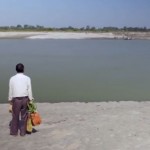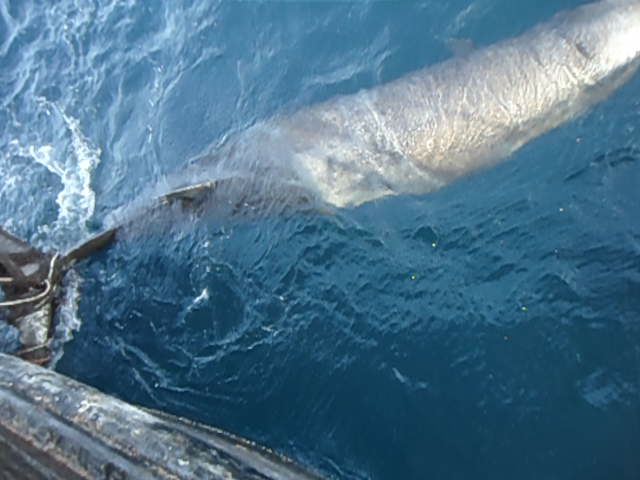An extremely rare type of whale has been saved from almost certain death thanks to a training program for Pakistani tuna fishermen.
The February 10 rescue was the first time that any whale has been successfully freed since the World Wildlife Fund (WWF) training program began two and a half years ago teaching fishermen how to free endangered species from gill nets. And what makes it even more extraordinary is that the whale has been identified as most probably a Longman’s beaked whale (Indopacetus pacificus) – one of the rarest species of whale in the world and one that has never been recorded in the seas off Pakistan before.
Usually, the whale’s fate would have been sealed the moment its tail became entangled in the gillnets, which are notorious for the number of animals that they unintentionally trap and kill.
POPULAR: India Man Plants Forest Bigger Than Central Park to Save His Island
Launched in 2012, the initiative has provided training to many tuna fishermen so that they know how to release threatened large species from their nets. So far 15 whale sharks, 3 manta rays and 2 sunfishes have been rescued from gillnets – and now a Longman’s beaked whale as well.
The distribution of the Longman’s beaked whale is not fully known, but it appears to be limited to the Indo-Pacific region – primarily the waters between South Africa, Somalia and Sri Lanka. However, there is very little information about the species because of its rarity.
“Not only are the fishermen trying hard to release endangered species from their nets, but their efforts are also providing us with data that will help us to protect our ocean’s biodiversity,” said Muhammad Moazzam Khan, WWF-Pakistan Technical Advisor for Marine Fisheries.
Source: WWF – Photo © Iqrar Muhummad / Story tip from Dianne Cunningham




















